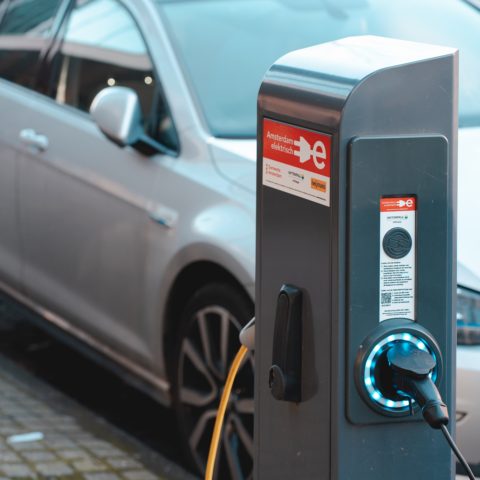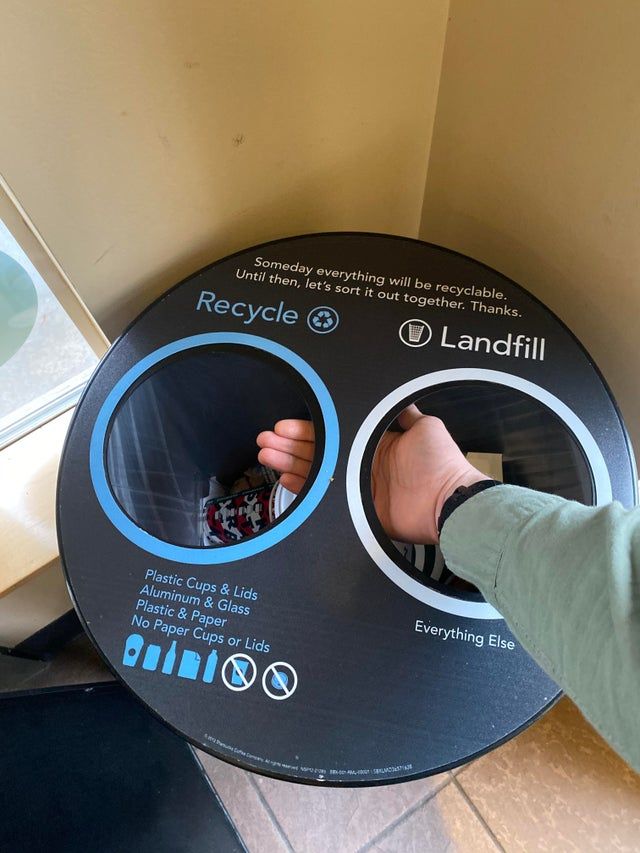By: Cecilia Moore
Fossil fuels power our world. And while each day brings advancements in harnessing renewable sources of energy, ever expanding the market for these “green” sources, oil, coal and natural gas still reign supreme. Many feel as if oil will
be around forever, and that when it actually does run out, renewable resources will be readily available. American heads rest in peace at night knowing that all around the world, scientists are busily creating new innovations in wind turbines and solar panels, so everything will be completely fine when the day that oil and coal and natural gas reserves are finally depleted comes.
Due to this sense of security and the fact that the world could not switch to solely renewable resources in the very near future, the United States’ public and government have been looking for ways to lower the price of gas and to become more independent from the market forces of OPEC, Russia, Venezuela and other major producers. Many have come to believe that if we increase crude oil production and oil refining domestically, then prices at the pump will be lower. This is where the Keystone XL pipeline comes into play. TransCanada already has crude oil pipelines that stretch from the oil sand mines of Alberta, Canada to the central United States. However, the company now wishes to construct additional lines in order to connect the crude oil reserves of Cushing, Oklahoma to the Gulf’s refineries.
In March of 2012, a Gallup Poll revealed that 57 percent of adults in America were in favor of the Keystone XL pipeline plans. On January 22, 2013, Nebraska’s governor approved the newest set of plans. The next day, fifty-three senators signed a letter urging the president to approve the XL pipeline. All signs are pointing towards the president and the Department of State approving this measure. And it seems that they can’t deny TransCanada like they did the last time the plans fell onto their desks last January.
Some wonder if President Obama will postpone the plans again, citing environmental concerns like last time. In his second inaugural address, President Obama made clear his intentions to advance pro-renewable energy policies when he said:
The path towards sustainable energy sources will be long and sometimes difficult. But America cannot resist this transition; we must lead it. We cannot cede to other nations the technology that will power new jobs and new industries — we must claim its promise. That is how we will maintain our economic vitality and our national treasure — our forests and waterways; our croplands and snowcapped peaks. That is how we will preserve our planet…
Environmentalists have clung to this address in hopes that the president wrote these words with the Keystone XL pipeline in mind. While the president has proposed an “all-of-the above” method to tackling the nation’s energy woes, meaning all forms of energy should be utilized, he also brings attention to the fact that more oil production at home doesn’t actually mean lower prices at the gas pump, as the refineries will export abroad if they can get higher prices on the international market. And furthermore, gas prices have been fluctuating wildly even though “demand for gasoline in the U.S. is at its lowest point in more than a decade; [and] domestic oil production is at an eight-year high.”
The Obama administration has already denied the plans once, in January of 2012, due to environmental issues concerning the northern pipeline’s route. However, he did at that time approve construction to begin on the southern half of the plan, which is expected to be finished within the year. Furthermore, TransCanada and numerous politicians, including a number of Republicans, have been touting the project as a job creator. This is based off of findings from a report commissioned by TransCanada, which claims that up to 30,000 jobs could be created as a direct result of the pipeline being built. Environmentalist groups and nonprofit review boards, however, have argued that these numbers are artificially inflated and that only a few thousand jobs will be generated, most of which will be temporary construction jobs that will evaporate once that phase is finished.
Not only do the economic gains not match up, but environmentalists are also arguing against the pipeline over the environmental destruction that ensues from mining oil sands. It is considered to be extremely detrimental to the environment, as extracting the crude takes much more energy and water than the normal process of extracting crude from the Earth’s crust. Furthermore, the process releases more green house gases than traditional oil drilling.
So if it’s possible that the arguments for an increase in jobs and a decrease in gas prices aren’t valid, and it’s true that extracting crude from oil sands is extremely harmful to the environment, then why should the pipeline be built?
As it turns out, there is one argument that has made people pause: the oil companies in Canada are going to send that crude somewhere, and it’s either south to U.S. refineries in Texas and Louisiana, or it’s across the Pacific to China. Either way, some entity will make profits off of the increased production, so it might as well be American refinery companies. While this argument completely disregards environmental concerns, it’s also very persuasive.
A counter to this argument is that data shows that the construction of this pipeline will actually result in an excess of capacity of pipeline. Multiple third party interests brought this concern to light when the Canadian National Energy Board was reviewing TransCanada’s proposal. TransCanada argues that it needs these pipelines to transport all of the crude it will potentially extract. However, it’s debatable as to whether or not these reserves will be tapped, or if the corporation will actually restrict the supply and leave the new pipes unused, thus increasing the price of their crude.
While this issue is extremely complicated, the debate is virtually over. Analysts and politicians alike agree that there’s no way the Department of State isn’t going to legalize the construction plans, since Canada and Nebraska have already signed off on them and the lower half of the pipeline is already under construction. As a result, the construction of the northern half is now seemingly inevitable. However, the United States will not get much out of this deal. Oil prices are expected to increase, few long-term jobs will be created, and if a leak on the line happens, precious U.S. lands could be destroyed. Conventional oil production is expected to peak within the next couple of decades, however, so companies are trying new and more dangerous methods of extraction, such as from oil sands and shale oil. And as the supply of fossil fuels dwindles, the prices are only going to increase. As a result, now is the time to heavily invest in renewable resources. Like President Obama said to Congress in 2009, “To truly transform our economy, protect our security, and save our planet from the ravages of climate change, we need to ultimately make clean, renewable energy the profitable kind of energy.”

